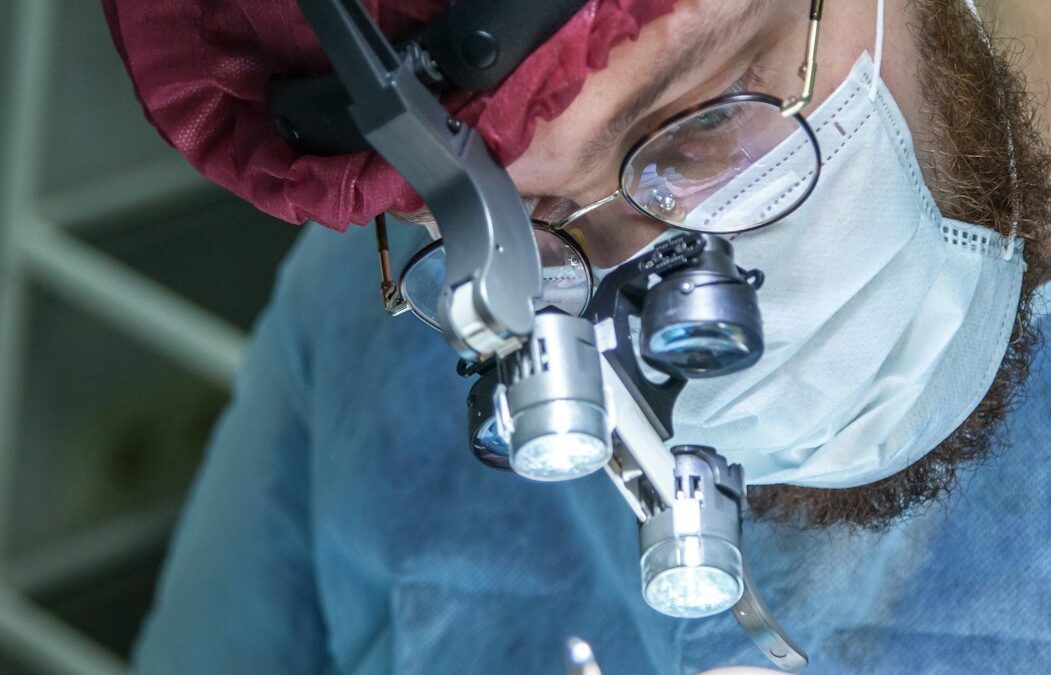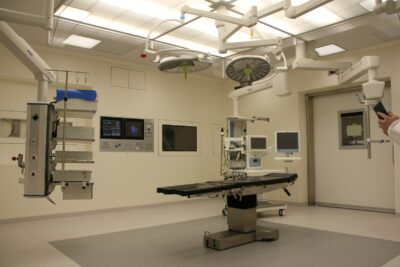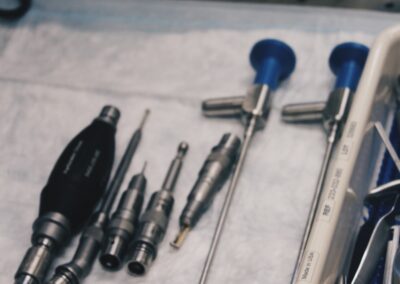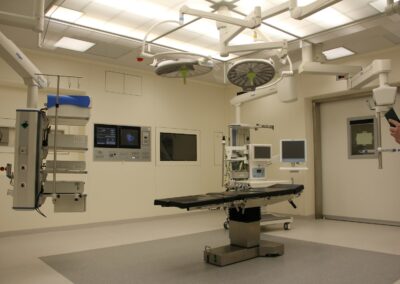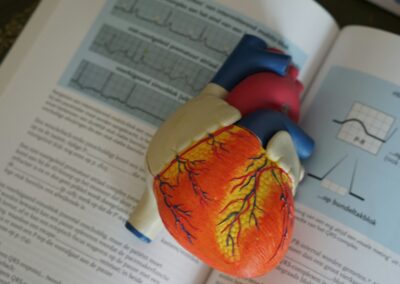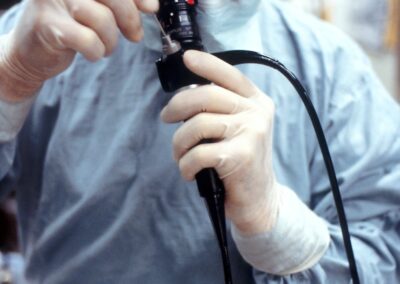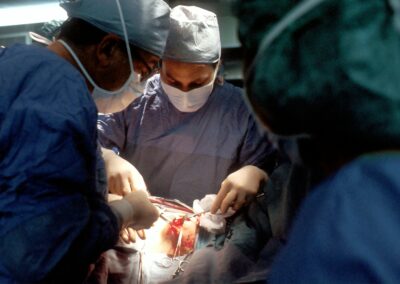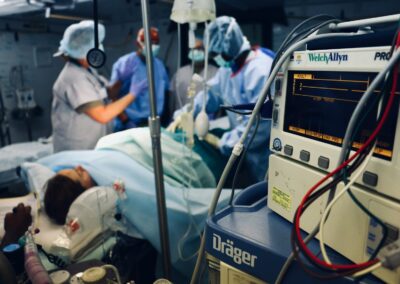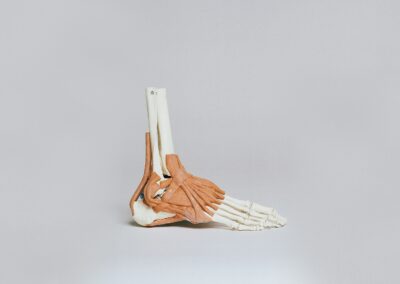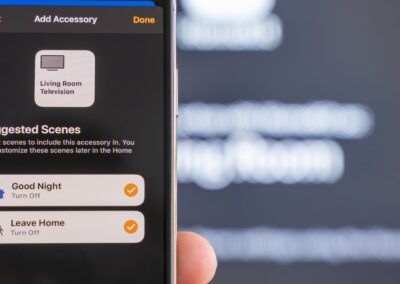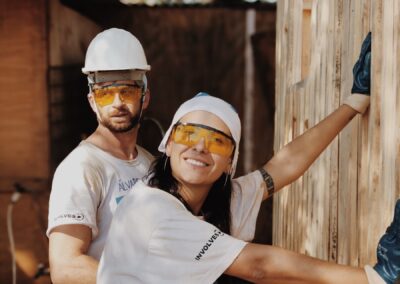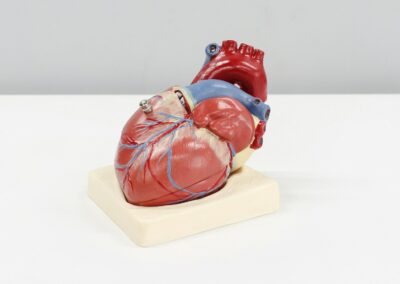Exploring Digital Twins in Medical Simulation
The Impact of Digital Twins on Surgical Training
Digital twins are transforming the realm of medical simulation by providing highly accurate, virtual models of patients for training and procedural planning. These digital counterparts simulate a patient’s anatomical and physiological characteristics, allowing surgeons to practice and refine their skills in a risk-free environment. By leveraging generative artificial intelligence, digital twins can recreate complex medical scenarios with unprecedented precision. This integration not only enhances surgical training but also contributes to improved patient outcomes by ensuring that surgeons are well-prepared for real-world operations. The use of digital twins extends beyond traditional simulation, incorporating real-time data and predictive analytics to foresee potential complications and adjust procedures accordingly.
In regions like Saudi Arabia and the UAE, where healthcare innovation is a priority, the adoption of digital twins is gaining momentum. Hospitals and medical institutions are increasingly investing in advanced simulation technologies to train their medical staff and optimize surgical techniques. This trend aligns with the broader push towards integrating modern technologies like AI and blockchain into healthcare systems. Digital twins represent a significant leap forward in this regard, offering a powerful tool for medical professionals to enhance their skills and deliver superior care.
Generative AI and the Future of Medical Simulation
Generative artificial intelligence is a key driver behind the advancement of digital twins in medical simulation. By using AI to generate highly detailed and realistic patient models, medical institutions can provide more effective training environments. These AI-generated simulations can mimic a wide range of medical conditions and scenarios, allowing for comprehensive preparation and practice. The ability of generative AI to create diverse and complex simulations helps medical professionals to be better equipped for any situation they might encounter during real surgeries.
In addition, the integration of generative AI with digital twins can facilitate more personalized training programs. Surgeons can engage with simulations that are tailored to their specific needs and skill levels, addressing their unique areas of improvement. This personalized approach ensures that medical professionals can continuously refine their skills and adapt to new challenges. As healthcare continues to evolve, the role of AI in enhancing medical simulations and training is set to become even more crucial, particularly in dynamic and rapidly growing markets such as Saudi Arabia and the UAE.
Advanced Technologies and Their Role in Healthcare
Blockchain and AI in Healthcare Transformation
The convergence of blockchain technology and AI is revolutionizing the healthcare industry by improving data security and enabling more accurate simulations. Blockchain’s decentralized ledger system ensures that patient data is securely stored and transparently managed, which is crucial for the integrity of digital twin simulations. Meanwhile, AI enhances these simulations by providing real-time analytics and insights, making it easier for healthcare professionals to make informed decisions. The combination of blockchain and AI not only streamlines medical procedures but also fosters trust and reliability in healthcare systems.
In the context of countries like Saudi Arabia and the UAE, where there is a strong focus on embracing cutting-edge technologies, the integration of blockchain and AI into healthcare is advancing rapidly. These technologies support the development of sophisticated medical simulations and contribute to the overall goal of improving healthcare outcomes. The ability to securely and accurately simulate medical procedures through digital twins is a testament to how advanced technologies are reshaping the healthcare landscape.
The Metaverse and its Potential in Medical Training
The concept of the Metaverse offers exciting possibilities for enhancing medical training and simulation. By creating immersive virtual environments, the Metaverse allows medical professionals to practice and learn in interactive and realistic settings. This technology can be particularly beneficial for surgical training, where virtual reality can simulate various surgical environments and scenarios. The use of the Metaverse in conjunction with digital twins and AI can create a comprehensive training experience that is both engaging and educational.
For regions like Saudi Arabia and the UAE, where technological innovation is a key focus, the integration of the Metaverse into medical training is a natural progression. This approach aligns with the broader goals of advancing healthcare through technology and improving training methodologies. The potential of the Metaverse to enhance surgical education and training represents a significant opportunity for healthcare professionals to acquire new skills and knowledge in an innovative and effective manner.
Conclusion
The integration of digital twins, generative AI, blockchain, and the Metaverse is transforming medical simulation and surgical training. These advanced technologies are reshaping how medical professionals prepare for and perform surgeries, leading to improved patient outcomes and enhanced training experiences. As regions like Saudi Arabia and the UAE continue to invest in and embrace these innovations, the future of medical simulation looks promising and full of potential.
By adopting these cutting-edge technologies, healthcare institutions can ensure that their medical professionals are well-prepared and equipped to handle complex surgical procedures. The ongoing advancements in digital twins and related technologies are setting new standards in medical training, offering a glimpse into a future where precision and effectiveness in healthcare are continually improved.
—
#DigitalTwins #MedicalSimulation #GenerativeAI #BlockchainInHealthcare #Metaverse #AIInHealthcare #SurgicalTraining

